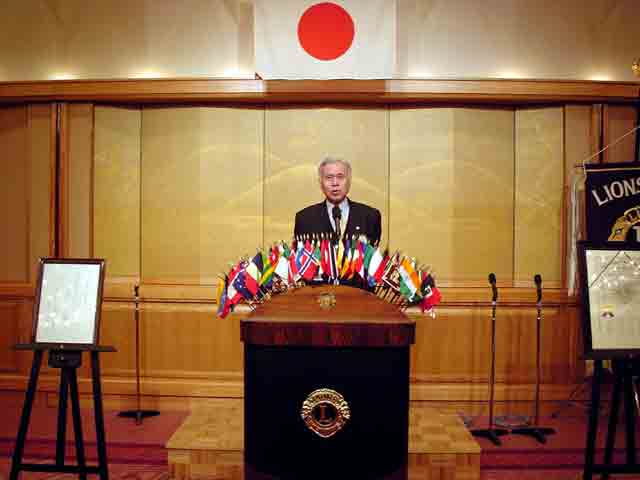
#Adobe golive 4 full
Belial is precisely not full of grace that is simply his outward aspect, and the same is true for "humane" and "fairer." The verse's judgment on all of his apparent virtues is delivered in the last two words of line 110-"he seem'd"-and the shadow of "seeming" falls across the next line which in isolation might "seem" to be high praise. That act is said to be "graceful," the first in a succession of double meanings (one of the stigmadwd attributes of rhetorical speech) we find in the passage. That is, he draws attention to his appearance, to his surface, and the suggestion of superficiality (a word to be understood in its literal meaning) extends to the word "act" i.e., that which can be seen. Even Belial's gesture of rising is to the (negative) point: he catches the eye even before he begins to speak, just as Satan will in Book IX when he too raises himself and moved so that "each part,/Motion, each act won audience ere the tongue" (673-74). Indeed in these few fines Milton has managed to gather and restate with great rhetorical force all of the traditional arguments against rhetoric.



For Milton's seventeenth-century readers this passage would have been immediately recognizable as a brief but trenchant essay on the art and character of the rhetorician.


 0 kommentar(er)
0 kommentar(er)
